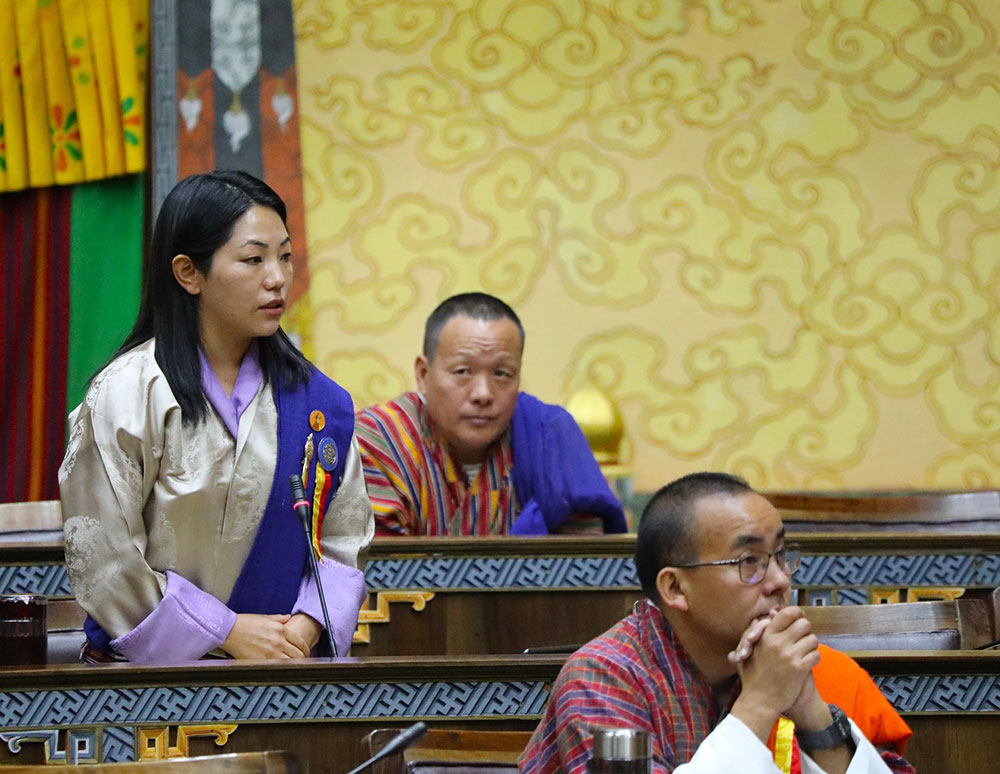PM shares his discussions with the central bank
By Yangyel Lhaden
The government had not received a satisfactory answer from the Royal Monetary Authority (RMA) even after discussions, formally and informally, with relevant officials of the central bank on the proposals to lift the moratorium imposed on loans.
Lyonchhen Dr Lotay Tshering shared the government’s efforts to mediate with the RMA regarding the loan moratorium when National Assembly member raised concerns about the impact of the moratorium and its impact on the economy. Member of parliament from Sombaykha, Dorjee Wangmo, said that people who were aware knew that it is was the RMA, an autonomous body, and not the government that had enforced the moratorium.
“ There is a need to lift the moratorium on loans to improve the livelihoods of people to revive the economy after the Covid-19 pandemic,” she said.
The prime minister did not have answers, but informed that he had questioned the central bank on what basis they lifted the moratorium in four critical sectors at its 11 branches from March 23. Following a RMA directive, the Bhutan Development Bank Limited (BDBL) lifted the partial loan moratorium in critical areas like agriculture, livestock, forestry, and logging. However, other loan services were not available.
Lyonchhen, however, said that RMA’s decision to impose the moratorium was because of increasing number of loan beneficiaries who were unable to repay their loans. According to RMA regulations, banks should maintain a non-performing loan rate below five percent. However, both the BDBL and the CSI Bank reported NPL rates of 14 and 15 percent.
Lyonchhen said that there was a difference between developmental banks like BDBL and commercial banks. “I asked the RMA if it is reasonable to maintain the same NPL threshold for BDBL and CSI banks, considering that they are developmental banks.”
Lyonchhen also informed that he had enquired with the RMA the reasons behind the loan repayment difficulties. “The RMA’s response indicated that ceasing loan disbursements was the only viable solution when beneficiaries could not repay their loans,” he said.
Lyonchhen also informed the floor that he questioned the RMA if they considered alternative measures. He also pointed out that both the government and the banks should bear some responsibility when loan beneficiaries faced challenges in repayment. “ So far, I have not received an answer from RMA.”
“Globally, developmental banks rarely imposed loan moratoriums for more than a year.” Lyonchhen added.


